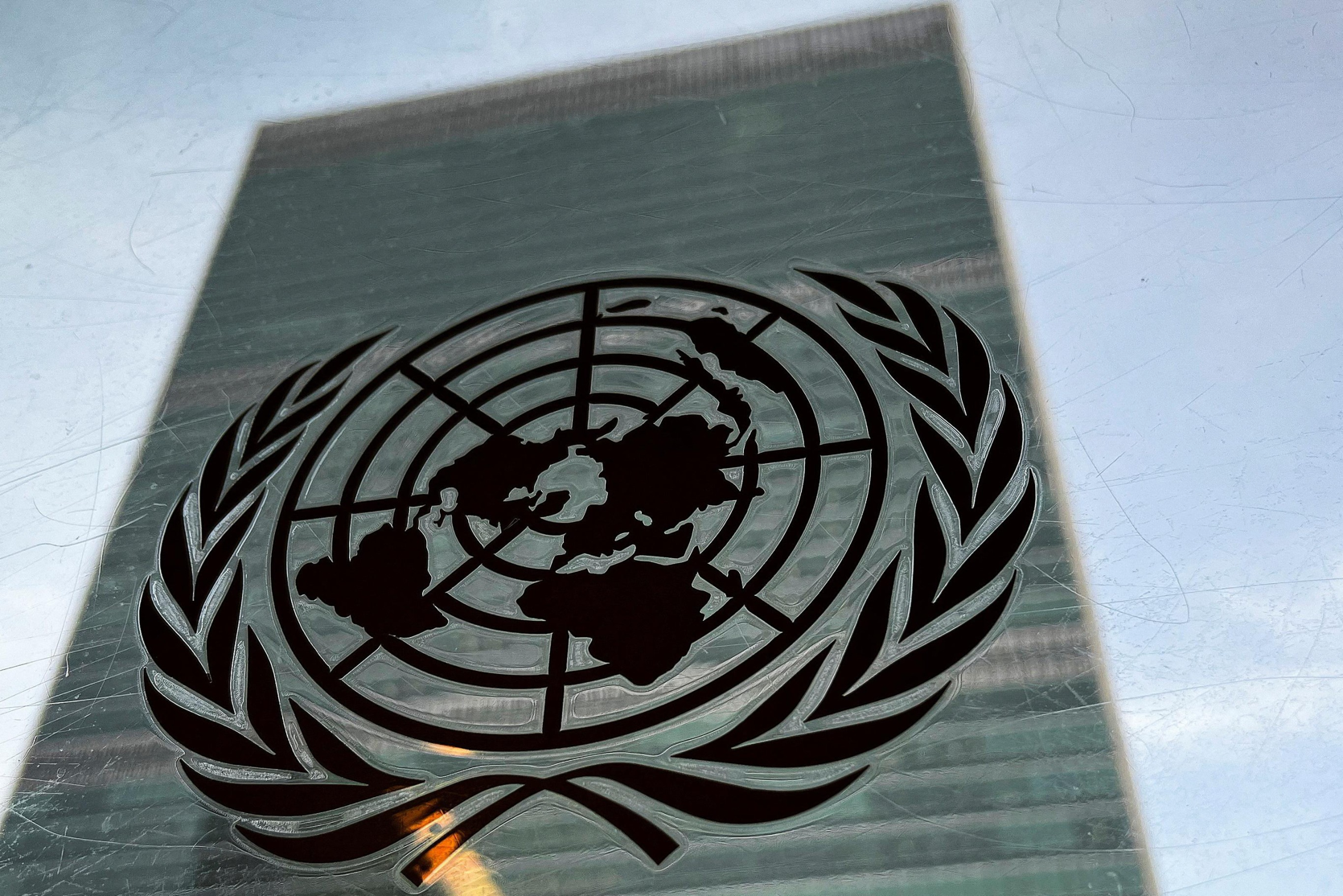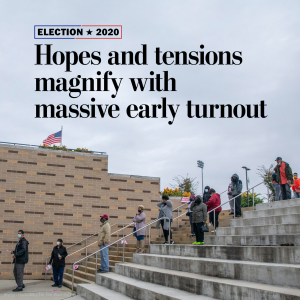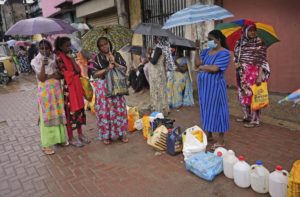Nuclear-armed North Korea test-fired a ballistic missile farther than ever before on Tuesday, sending it soaring over Japan for the first time in five years and prompting a warning for residents there to take cover.
“We must limit the DPRK’s ability to advance its unlawful ballistic missile and weapons of mass destruction programs,” U.S. Ambassador to the United Nations, Linda Thomas-Greenfield, posted on Twitter, after calling for a public Security Council meeting.
Britain, France, Albania, Norway and Ireland joined the United States in making the request. North Korea is formally known as the Democratic People’s Republic of Korea (DPRK).
However, China and Russia told council counterparts they are opposed to a public meeting, arguing that the reaction of the council should be conducive to easing the situation on the Korean Peninsula, diplomats said.
It was not immediately clear whether the council would meet publicly or behind closed doors on Wednesday. Any meaningful council action is unlikely, diplomats say.
North Korea has for years been banned from conducting nuclear tests and ballistic missile launches by the Security Council, which has strengthened sanctions on Pyongyang over the years to try and cut off funding for those programs.
In recent years, veto powers China and Russia have suggested U.N. sanctions on North Korea be eased for humanitarian purposes and to entice Pyongyang back to stalled international talks aimed at persuading leader Kim Jong Un to denuclearize.
U.N. Secretary-General Antonio Guterres condemned North Korea’s missile launch over Japan as a “reckless act” and a violation of Security Council resolutions, U.N. spokesman Stephane Dujarric said.
“It is also of serious concern that the DPRK has again disregarded any consideration for international flight or maritime safety,” said Dujarric, adding that Guterres urged Pyongyang to resume talks with key parties.
Reporting by Michelle Nichols; editing by Paul Grant and Jonathan Oatis
Our Standards: The Thomson Reuters Trust Principles




